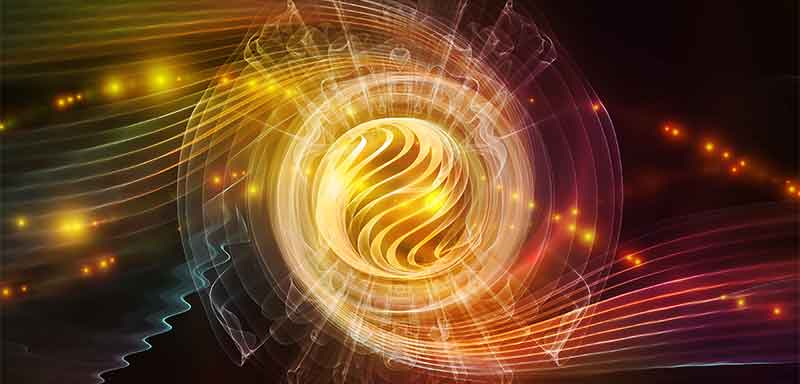
Quantum decoherence is the mechanism by which quantum systems interact with the environment to exhibit probabilistically additive behavior. Decoherence presents the appearance of wave function collapse.
It is the mechanism in which the classical limit (ability to recover classical information) emerges out of a quantum system and determines the location of the quantum-classical boundary. In other words, it is the process by which the “quantumness” of a system is lost and replaced by its classical counterpart.
While the discovery of decoherence works well in laboratory physics, when applied to treat the whole of Nature as a quantum system, the strategy of decoherence fails. It fails because Nature has no “external environment.” While decoherence is considered a key aspect in QM, far more information is needed as decoherence theories are not capable of resolving the measurement problem, which is a central issue.